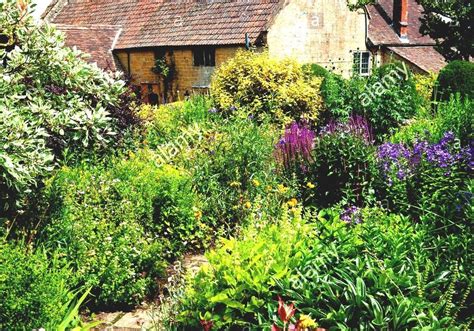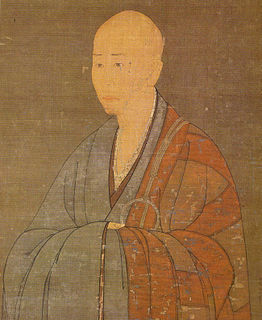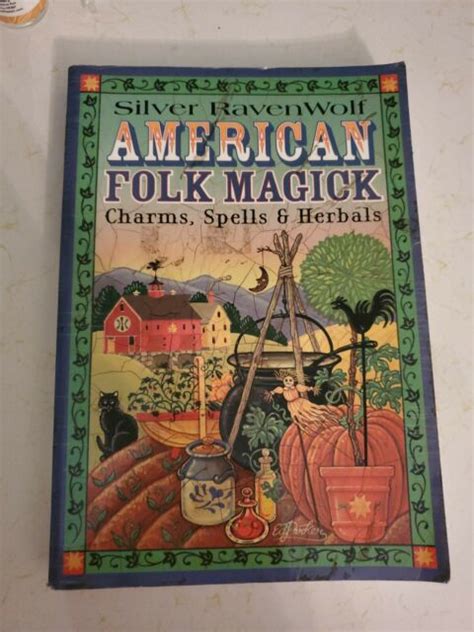A Quote by Frances Hodgson Burnett
I am writing in the garden. To write as one should of a garden one must write not outside it or merely somewhere near it, but in the garden.
Related Quotes
Inside every one of us is a garden, and every practitioner has to go back to their garden and take care of it. Maybe in the past, you left in untended for a long time. You should know exactly what is going on in your own garden, and try to put everything in order. Restore the beauty; restore the harmony in your garden. If it is well tended, many people will enjoy your garden.
you mustn't rely on your flowers to make your garden attractive. A good bone structure must come first, with an intelligent use of evergreen plants so that the garden is always clothed, no matter what time of year. Flowers are an added delight, but a good garden is the garden you enjoy looking at even in the depths of winter.
The Japanese garden is a very important tool in Japanese architectural design because, not only is a garden traditionally included in any house design, the garden itself also reflects a deeper set of cultural meanings and traditions. Whereas the English garden seeks to make only an aesthetic impression, the Japanese garden is both aesthetic and reflective. The most basic element of any Japanese garden design comes from the realization that every detail has a significant value.
Let me define a garden as the meeting of raw nature and the human imagination in which both seek the fulfillment of their beauty. Every sign indicates that nature wants us and wishes for collaboration with us, just as we long for nature to be fulfilled in us. If our original state was to live in a garden, as Adam and Eve did, then a garden signals our absolute origins as well as our condition of eternity, while life outside the garden is time and temporality.
Just as an earthly garden needs constant attention, so, too, does our spiritual garden. When we first begin our journey of spirituality our garden is filled with all sorts of interesting items--it was not, after all, a fallow place before we sought to investigate what might be there and what we could possibly put in it. Everyone's spiritual garden is different, because each individual is unique.
If, I can someday see M. Claude Monet's garden, I feel sure that I shall see something that is not so much a garden of flowers as of colours and tones, less an old-fashioned flower garden than a colour garden, so to speak, one that achieves an effect not entirely nature's, because it was planted so that only the flowers with matching colours will bloom at the same time, harmonized in an infinite stretch of blue or pink.







































